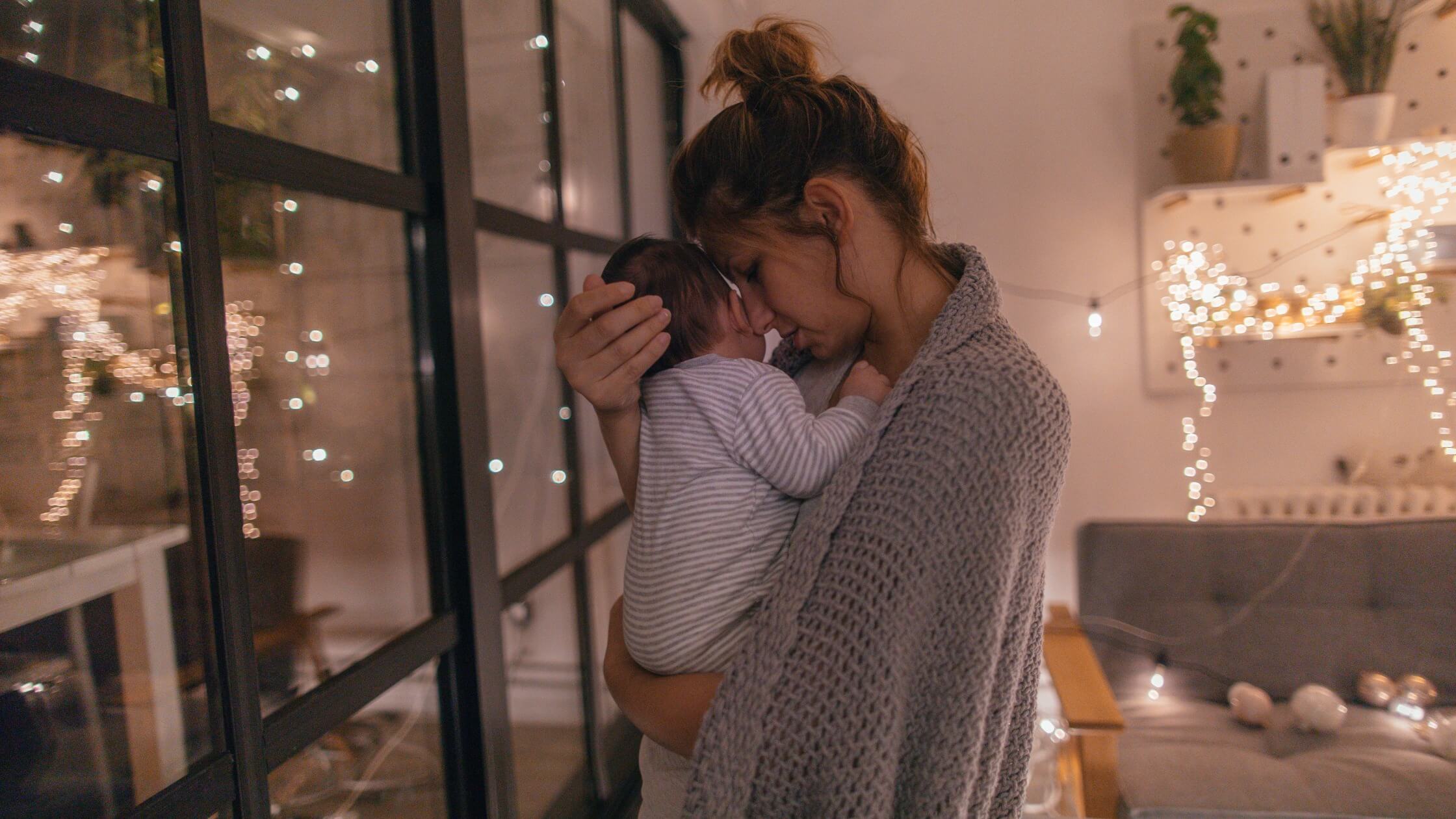Babies and toddlers change and develop at such a rapid pace. This means two things:
- They need a good amount of sleep.
- Their sleep patterns and needs change rapidly as well.
As a parent, you’re likely no stranger to the ever-evolving sleep patterns of babies and toddlers. Just when you think you’ve cracked the code and established a routine, those little ones throw a curveball! Fear not; it’s all part of their development. Let’s explore what to expect and how to adapt as your child’s sleep patterns shift.
Newborns (0-4 months)
During the first few months of life, your baby’s sleep needs can vary significantly. Some newborns snooze for as few as 11 hours, while others clock in as many as 19 hours within a 24-hour day. These sleep periods are broken up to accommodate feeding, diaper changes, and family interactions. Don’t fret if your little one’s sleep pattern doesn’t align with the projections—variability is normal during this stage, but we do believe most newborns NEED closer to 17-18 hours of total daily sleep.
Infants (4-6 months)
Around the 4-month mark, your infant’s daily sleep requirements drop to 12-16 hours. During this period, sleep starts consolidating into longer stretches. Babies become more adept at sleeping during the night without feeding, and some even begin sleeping through the night. However, there are exceptions, so don’t be surprised if your little night owl occasionally disrupts your slumber.
Older Babies (6-12 months)
From 6 months onward, most babies do the bulk of their sleeping at night. But here’s the twist: teething, growth spurts, illnesses, or sleep regressions may lead to nighttime awakenings. If your little one isn’t consistently sleeping through the night, consider specific sleep-training strategies. Remember, quality sleep is crucial for their development, impacting cognitive performance, social skills, and overall well-being.
Toddlers (1-3 years)
As your baby transitions into toddlerhood, their sleep patterns continue to evolve. Here are some tips to navigate this stage:
- Bedtime Routine: Establish a consistent bedtime routine. Predictability helps signal that it’s time to wind down.
- Limit Late Naps: Avoid late-afternoon naps that might interfere with bedtime.
- Dark and Quiet: Create a sleep-conducive environment—dim lights, minimal noise.
- Avoid Screens: Limit screen time before bed, as blue light can disrupt sleep and delay sleep onset as well as the total amount of time spent in deep sleep.
- Comfort Objects: Introduce a comfort item (like a soft toy or blanket) to ease bedtime separation anxiety.
- Be Patient: Regression phases happen, but they’re temporary.
Remember, every child is unique, and their sleep needs vary. Trust your instincts, observe your child’s cues (fussing, yawning, rubbing eyes), and adjust as needed.
Also, as always, establishing the perfect napping routine for your child can be difficult, but it’s not impossible. We hope these tips have helped you along your journey. If you have any questions about helping your baby to sleep better, developing a conducive routine for your baby that works with your life, or about your baby in general, please reach out to us HERE. We are experts in all things baby and sleep and would love to help!
About The Author: 💤Katie Bishop | The Early Weeks 💤
✅ Certified Master Pediatric Sleep Consultant
✅ Board Certified Holistic Healthcare Practitioner
✅ Advanced Newborn Care Specialist

![]()
